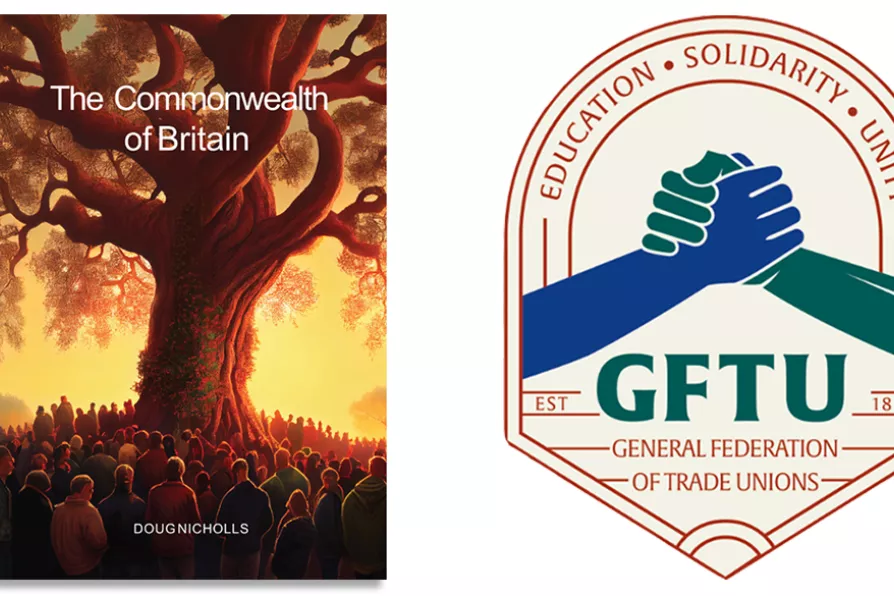DENNIS BROE searches the literary canon to explore why a duplicitous, lying, cheating, conning US businessman is accepted as Scammer-in-Chief


The Commonwealth of Britain
Doug Nicholls, Workable Books, £8.99
THIS IS a volume of rich and lively poetry that draws on the forms and ideas of the English radical tradition – and is bang up to date. This hasn’t been done recently in poetry as accessible as this, possibly because form gets entangled with content in these wide awoke times. There are none of (what have become) the current cliches of identity and belonging in any of these poems, yet many address the themes of ours and theirs through the energy of political struggle and the tenderness of more personal moments. This is not didactic writing as there is a real understanding of the craft of poetry and the energy that comes from commitment.
There is the frightening narrative poem told in Rock Gardens Hotel – we’re really there on this journey through a derelict 1960s seafront hotel; in its foetid rooms a weirdo with Nazi memorabilia is taking a shot at a young man. The rhyming verse is a steady force as we travel almost breathless through the action. This is language that stalks and flies.
Elsewhere Nicholls is roaming the English countryside in Welfare State Britain, as in the poem Home County. This countryside rummage generates some beautiful imagery which flows throughout the collection.

RUTH AYLETT reviews two collections of outright political poetry












